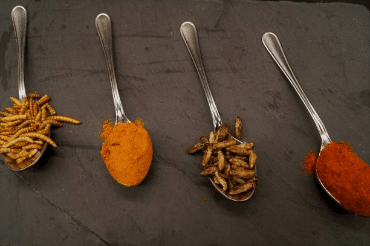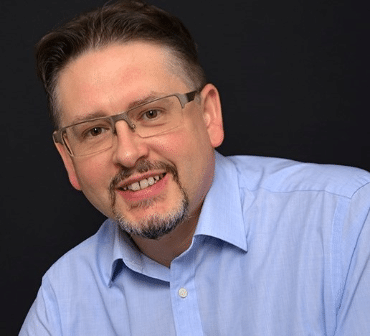NABOLAGSHAGER
NABOLAGSHAGER
NABOLAGSHAGER is an Oslo-based social enterprise and consultancy kickstarting a transition to a greener and more just society.
Our goal is to promote a shift to sustainability through entrepreneurship and knowledge exchanges. Through local initiatives and international collaborations, we co-create multifunctional bottom-up solutions to urban challenges, such as facilitating green job opportunities for youth, creating rooftop gardens, integrating vulnerable groups, and increasing urban biodiversity.
Key local projects we have initiated include an award-winning rooftop farm, an entrepreneurship program where green jobs and circular economy are co-explored and co-created with local minority youth, and various community gardens and biodiversity-enhancing in public space.
Internationally, we collaborate with partners in academia, business and the public sector across Europe on projects related to urban farming, placemaking, entrepreneurship and the circular economy.
Having extensive experience with thehttps://nabolagshager.no/ practitioner perspective of edible city solutions, Nabolagshager bridges knowhow from academia and hands-on experience directly from the hands of urban changemakers across Europe.
Locally we work with both the public and private sector to ensure that existing practices and pilot projects move into the mainstream.
To encourage the spreading of good ideas and working solutions, we organize seminars, workshops, guided tours and lectures on timely topics, and host student projects from different faculties and backgrounds. We also use social media extensively as a platform for inspiration for edible city solutions.
[ess_grid alias="grid-1"]
Updates für diese Seite an EdiCitNet schicken
Wir freuen uns, wenn du uns Updates für diese Seite per E-Mail schickst.




